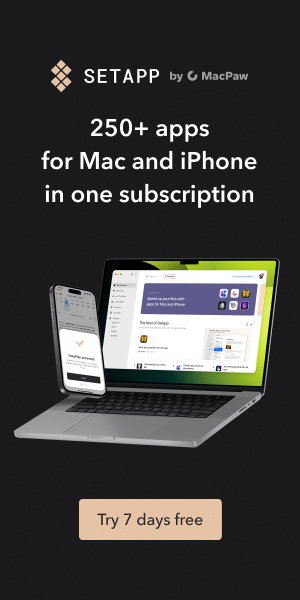What is filled with holes but still holds water? Yes, you got it, a sponge. Sponges are pretty amazing creatures. They live and grow in the water, and when they are dead, they can be used to carry water. People once thought that they were plants, we now know that they are basically simple animals. I read that some sponges can have up to 16 thousand other organisms inside of it. When part of a sponge breaks off, it forms a completely new sponge. Also, sponges are among the oldest animals that still exist – over 500 million years! There are other interesting facts about sponges, but they’re the ones above that I’m going to talk about, and not in a way that you might think.
Whether you are a child going to school, or a worker in a business or just an individual going through life, you are exposed to a tremendous amount of information. We only use a fraction of our brain to store knowledge, in fact we are still learning what all aspects of the brain are used for. It is, however, a myth that we only use 10% of our brain. Some people retain information better than others. I, for example, am horrible with dates, facts, names – essentially history, but I can look at a website and know whether I have been to it before. Perhaps it is simply because I remember things more visually or that are technology related.
As we are exposed to new knowledge, in school or at work, I recommend one important thing, be a sponge. Try to suck in as much information as you can. It’s obviously easier when you are younger but if you keep you brain accustomed to acquiring new information on a regular basis, you can continue to grow. Think of the knowledge floating in the world around you as the water that surrounds a sponge. It is never the same drops and constantly in cycle. The water passes through the sponge, much like the way we pass through learning moments and experiences.
When we eventually die, it’s important to leave a legacy to our family, friends, acquaintances, co-workers and others around us. As you grow older, be sure to share your knowledge and your learnings. Inspire the youth around you as they are young sponges, alive and growing. When you teach, the knowledge that you learned through life becomes your embodiment within the minds of those around you, much the way water can be retained in a dead sponge. Even after its death, a sponge can be used for other purposes. If you are a teacher or a provider of knowledge to others, even with your own passing, your assemblage of history and experiences are preserved in the memories of those you taught.
Our knowledge and learning are made up of a collective of people’s ideas, thoughts and history, much the same way that sponges have thousands and thousands of other organisms living inside of them. As we read, listen and learn from others, we take little bits of those people with us and mold them into our own collection of knowledge and experiences. We use these ideas from others to build our own ideas, thoughts, opinions and feelings, and this is what makes us sentient beings. A robot can absorb any knowledge that is programmed into it, but it can’t digest it nor come up with new ideas based on experiences or even have simple gut feelings…at least not yet. Much the same way a sponge pumps the water through its body, we suck in knowledge and learning and create our own opinions and ideas from these actions.
Hopefully, as you learn, you share your knowledge with others. Your teachings, even children teaching parents or their peers, have an influence and help to form the ideas of the recipient. Think of it as pieces of you within all of those that you interact with and teach. Just as a piece of a sponge that is broken off will grow into another sponge, your children (or even students) become pieces of you, growing into something distinct and unique.
Knowledge and learning have been passed on from generations in many forms: spoken, written and drawn. Ever since cave drawings, people have shared knowledge and experiences to their peers and children. As ancient as a sponge is, knowledge and learning are as well. Sponges are also grounded, like on a rock or piece of coral much the same way that learning is grounded in experiences, opinions and knowledge.
So, my recommendation is…be a sponge. Ground yourself. Suck in the knowledge of others, whether you are at school or work or just out in life. Share your learnings and experiences as it helps others form their learning and knowledge, and their specific beings. Grow your knowledge ecosystem and evolve your ideas with those around you, past, present and future.
HTD says: Be a sponge!




